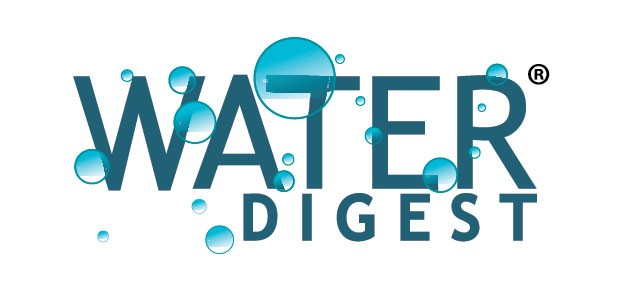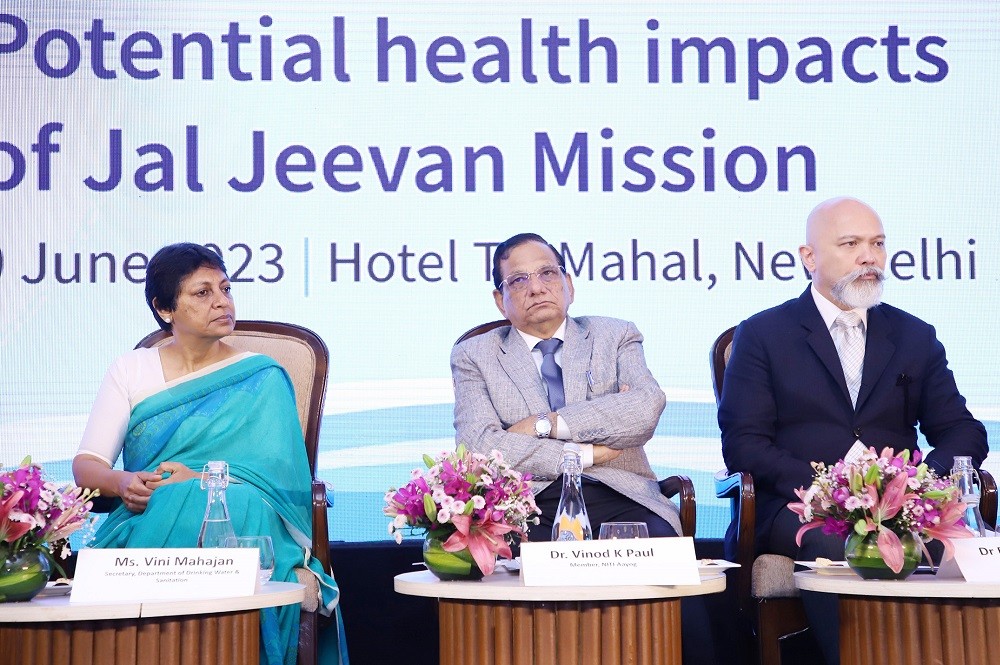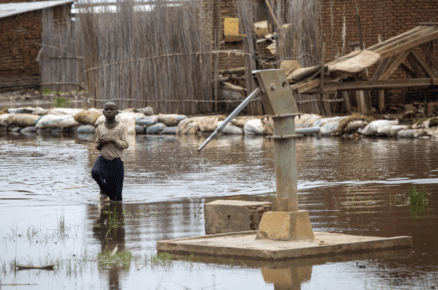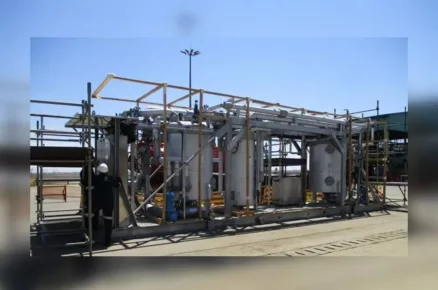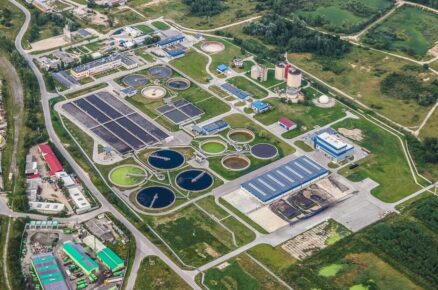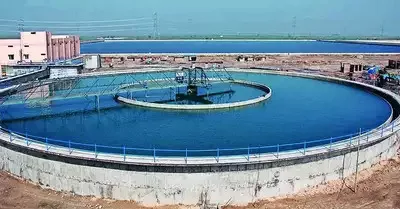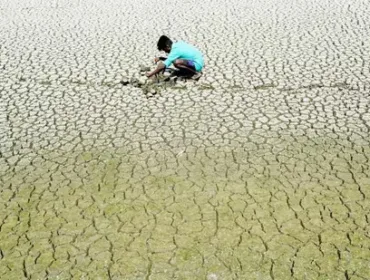Ensuring safely managed drinking water for all households in the country could avert nearly 400,000 diarrhoeal disease deaths.
WD News: “We are witnessing the role of safe drinking water in saving lives, empowering women and girls, and contributing to ease of living”. This was stated by Dr V K Paul, Member (Health), NITI Aayog at the recent launch of the report of WHO highlighting the benefits of the ‘Har Ghar Jal’ program in India. “No programme has this kind of direct impact on improving the lives of individuals and families physically, mentally, and financially”, he stressed. Dr. Paul commended the speed and scale of the programme and said, “A new connection is being added every second and transforming public health in India today.”

The report estimates that ensuring safely managed drinking water for all households in the country could avert nearly 400,000 deaths caused by diarrheal diseases and prevent approximately 14 million Disability Adjusted Life Years (DALYs) related to these diseases. This achievement alone would result in estimated cost savings of up to $101 billion. The analysis focuses on diarrhoeal diseases as it accounts for the majority of WASH-attributable disease burden.
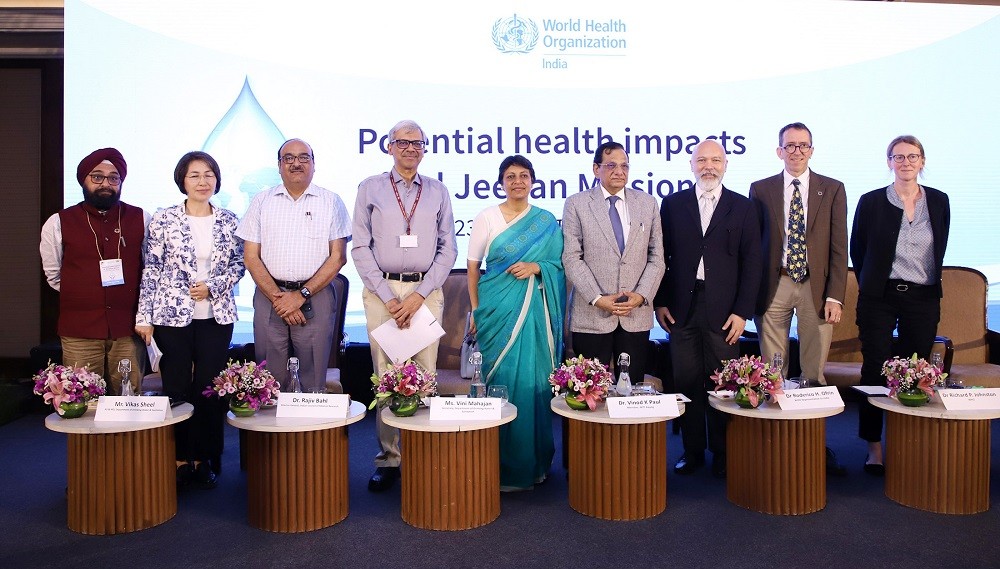
Smt Vini Mahajan, Secretary, Department of Drinking Water and Sanitation, Ministry of Jal Shakti, Dr. Rajiv Bahl, Secretary, of the Department of Health Research, Director General, Indian Council of Medical Research, and Dr. Roderico H. Ofrin, WHO Representative to India was also present.
Speaking on the occasion, Smt. Vini Mahajan, Secretary Department of Drinking Water and Sanitation highlighted the progress of the mission and said, “There has been an increase in rural tap water connections from 16.64% in 2019 to 62.84% in 41 months.” She asserted that in 2023 so far, on average, one tap connection has been provided every second. She further added, “It is heartening to note that the mission’s approved cost of INR 3,600 billion (US$ 43,62 billion) stands recovered twice over due to 13.8 million DALYs averted valued at US$ 100.8 billion.”
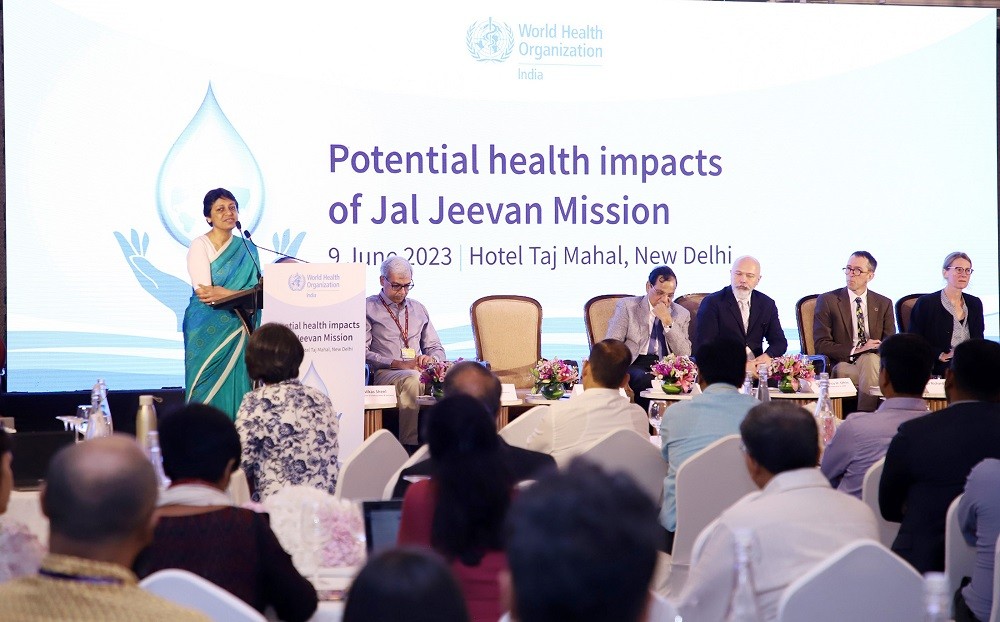
Dr Bahl, DG, ICMR commended the achievement of Har Ghar Jal in providing citizens with access to clean drinking water. “Government of India’s investment in Jal Jeevan Mission has a significant multiplier effect on health as has been brought out by this study”, he stated.
The ‘Har Ghar Jal’ report focuses on diarrheal diseases as they contribute significantly to the overall disease burden related to water, sanitation, and hygiene (WASH) issues. The analysis underscores the urgent need to address these diseases and the potential for substantial gains in public health and economic well-being.
Before 2019, the situation of water supply in rural areas was challenging. The report reveals that in 2018, 36% of India’s total population, including 44% of the rural population, lacked access to improved drinking-water sources on their premises. The direct consumption of unsafe drinking water had severe health and societal consequences. The analysis indicates that in 2019, unsafe drinking water, along with inadequate sanitation and hygiene, contributed to 1.4 million deaths and 74 million DALYs globally.
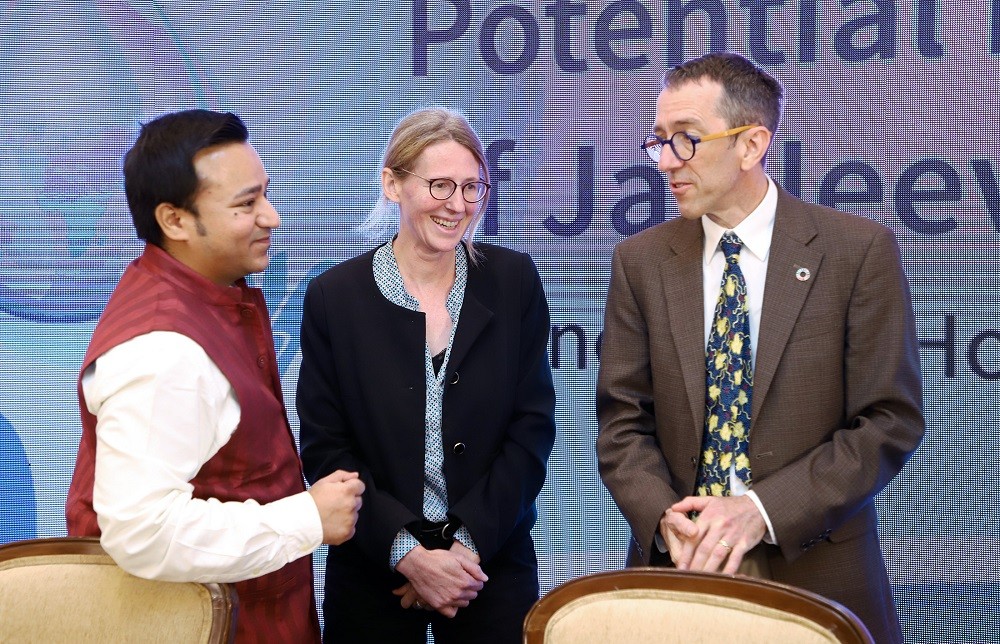
The report emphasises the tremendous time and effort saved for women and girls through the provision of tap water. In 2018, women in India spent an average of 45.5 minutes daily collecting water to meet household needs. Overall, households without on-premises water spent a staggering 66.6 million hours each day collecting water, with the majority (55.8 million hours) occurring in rural areas. Universal coverage through tap water provision will result in substantial savings by eliminating the need for daily water collection efforts.
During the announcement, Smt. Vini Mahajan, Secretary DDWS, highlighted the remarkable progress of the Jal Jeevan Mission. She noted that rural tap water connections increased from 16.64% in 2019 to 62.84% within 41 months, representing an average annual increase of 13.5% compared to a mere 0.23% per annum.
Source & image courtesy: PIB
